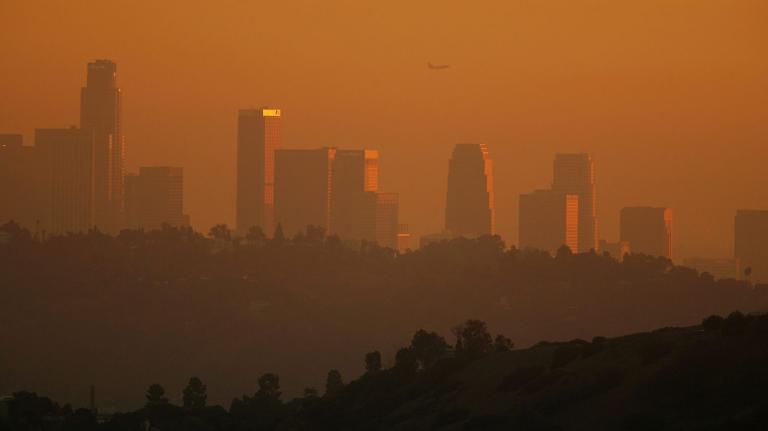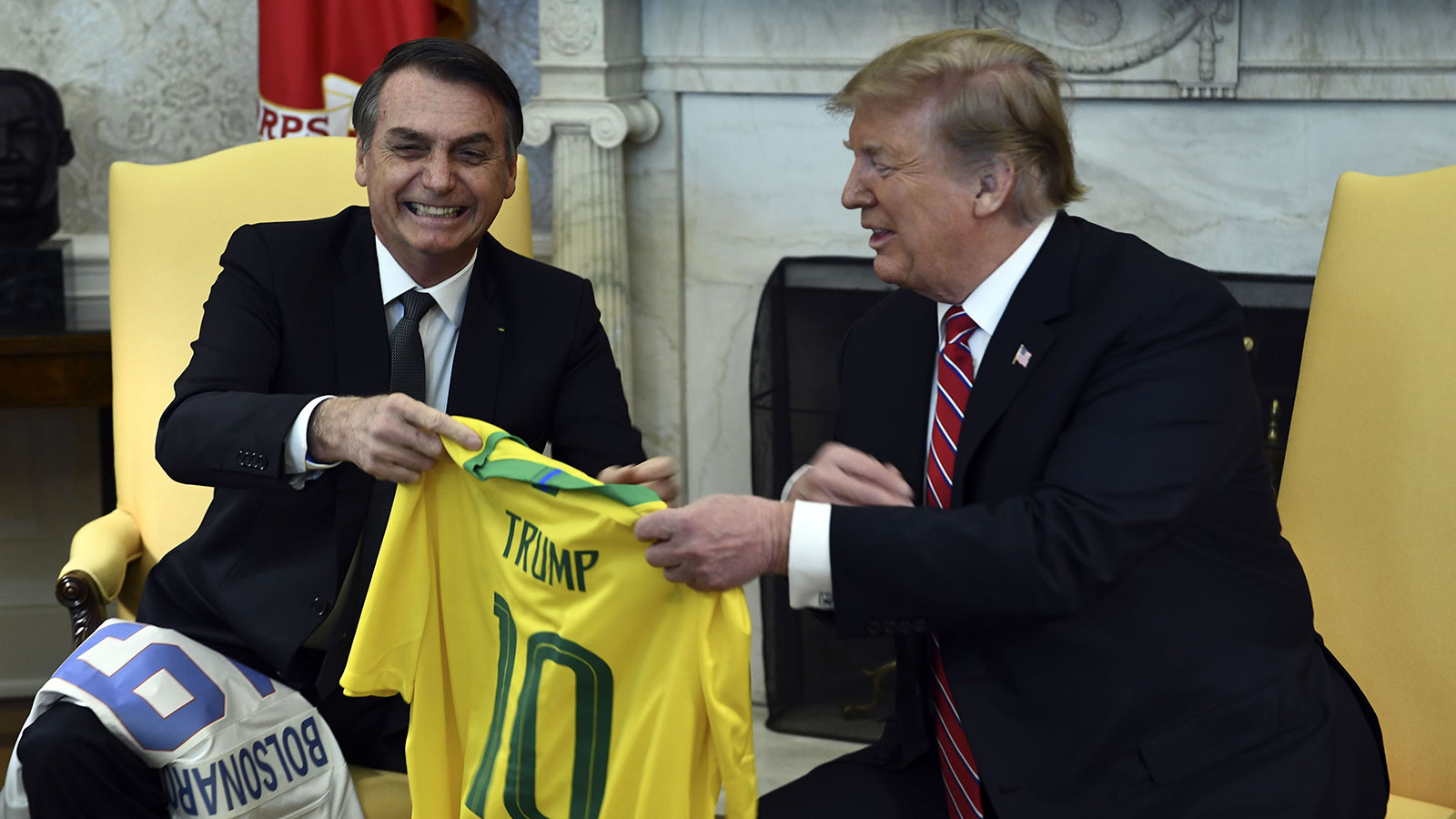A document released earlier this week revealed that the Brazilian government is considering axing its current Environment Council and replacing it with political appointees from far-right President Jair Bolsonaro, also known as the “Trump of the Tropics.” The current Environment Council, known as CONAMA, is the policymaking body tasked with protecting 60 percent of Brazil’s Amazon rainforest.
CONAMA has nearly 100 members from all levels of government and society. Supporters of the plan say CONAMA is a “confusing” body that “acts emotionally, without due technique, being subjected to ideological interference.
“This is a profoundly ironic statement coming from members of the Bolsonaro regime,” Christian Poirier, a program director with the nonprofit Amazon Watch, told Grist. “The very same contention can be made about their form of government, which is deeply confusing, emotional, and ideological.”
It’s been just over a hundred days since Brazil’s far-right President Jair Bolsonaro, known as the “Trump of the Tropics,” took office. As a candidate, Bolsonaro often questioned the reality of climate change and claimed environmental protections restrained Brazil’s economic growth by holding back mining and agriculture. Since he’s been in power, he’s spent the bulk of his time weakening environmental restrictions, prioritizing industry interests, and cracking down on environmental activists. In other words, he’s not exactly the kind of guy environmentalists are keen to make more political appointments related to Amazonian protections.
“Bolsonaro’s environmental policy can be Orwellian to the extreme,” Poirer said.
Bolsonaro is well on his way to following through with his promises to rip up protected areas in the Amazon and gut other areas protected for Indigenous communities. The deforestation numbers from his first two months in office are already concerning. According to Instituto Socioambiental, a Brazilian advocacy group, there has been a 54 percent rise in deforestation in the Amazon-Xingu basin since Bolsonaro took power — the equivalent of 170,000 trees found a day. (Given that January and February are high rainfall months, it’s difficult to determine the full extent of the damage at this time.)
One of Bolsonaro’s first acts as president was to strip the country’s National Indian Foundation of much of its authority to demarcate and declare protected territory for Indigenous reserves. That authority has instead shifted to the Environmental Ministry, run by Bolsonaro appointee Ricardo Salles, who has called climate change “secondary” and says that agribusiness is “under threat.”
Bolsonaro has promised that he will not “give the Indians another inch of land.” And his rhetoric hasn’t stopped there — he took a particular interest in MST aka The Landless Worker’s Movement, a group that advocates for small landholders and subsistence farmers, referring to them as terrorists. “These red outlaws will be banished from our homeland,” Bolsonaro said in an address last November. “It will be a clean up the likes of which has never been seen in Brazilian history.”
Brazil is known as the deadliest place in the world for environmental defenders, many of whom are a part of indigenous communities.
Indigenous groups are, naturally, concerned. Dinamã Tuxá, Coordinator of Brazil’s Association of Indigenous Peoples, told Amazon Watch, “[Bolsonaro’s] discourse gives those who live around indigenous lands the right to practice violence without any sort of accountability. Those who invade indigenous lands and kill our people will be esteemed. He represents an institutionalization of genocide in Brazil.”
During the Fourth Session of the United Nations Environmental Assembly in Nairobi, Environment Minister Ricardo Salles said Brazil could neither support nor sign environmental agreements that went against the country’s agribusiness sector. Salles claimed Brazil’s carbon emissions have fallen by about 72 percent since 2004, but failed to mention that that decline stopped in 2012.
It’s no surprise Bolsonaro’s appointees are pushing for industry interests. Bolsonaro is backed by some of the most powerful political players in Brazil: the ruralista bloc. The ruralistas are a political group linked to agribusiness and contend that environmental regulations in the country are too stringent, instead proposing agribusiness should be allowed to expand unrestricted.
Bolsonaro’s time in office has gotten a fair bit of U.S. coverage, with many stories focusing on the danger he and his administration poses to the Amazon rainforest, one of the world’s biggest carbon sinks. But lest Americans get too greener-than-thou, it’s important to note just how much Bolsonaro’s actions have drawn inspiration from our own Commander-in-Chief.
President Trump has signed several executive orders to reduce the size of national monuments and protected areas (some of which are considered sacred lands by indigenous groups) in order to allow for industry to open them up to oil and gas drilling and rake in the profits. Before taking office, Trump described the Environmental Protection Agency as a “disgrace” that should largely be dismantled. Moreover, former EPA head Scott Pruitt was an oil and gas industry man who has drawn parallels to Brazil’s Ricardo Salles, a convicted environmental criminal running the Brazilian Environmental Ministry. One of Pruitt’s appointees, Tony Cox, recently recommended the EPA dismiss the vast majority of evidence air pollution is bad for human health as it reassesses its national air quality standards.
There’s little doubt the two anti-environmental world leaders are fans of each other. When Bolsonaro threatened to jettison the Paris Climate Agreement, he was following Trump’s lead (though some speculate Bolsonaro has since backtracked from this promise). And yes, Bolsonaro has been a guest at Trump’s White House.
So, is Bolsonaro the Trump of the Tropics or is Trump the Bolsonaro of the States?




